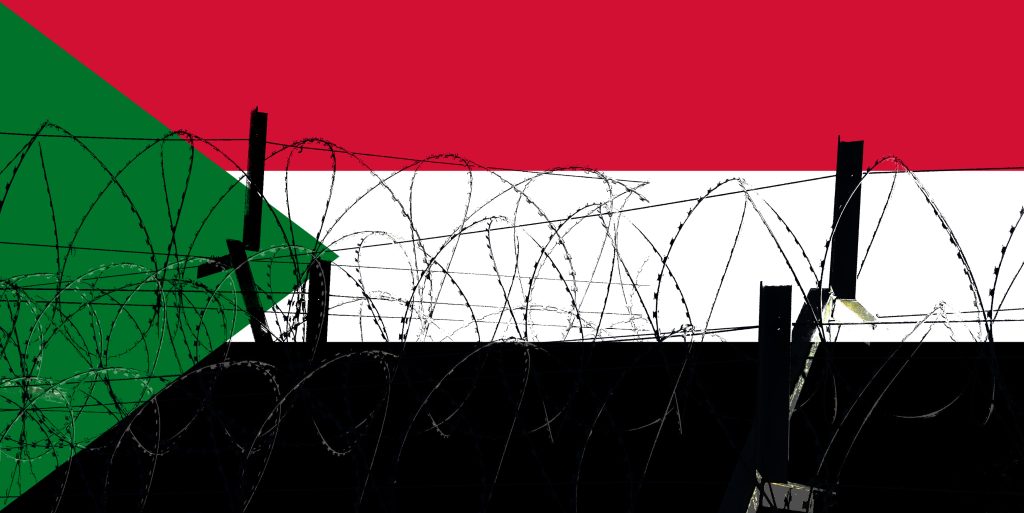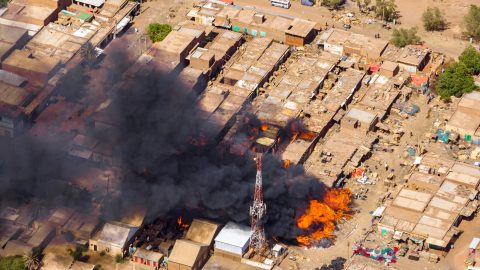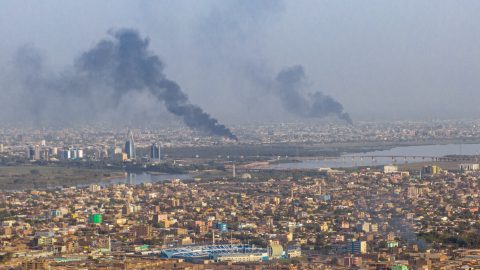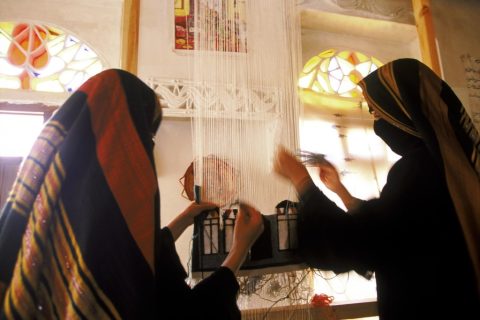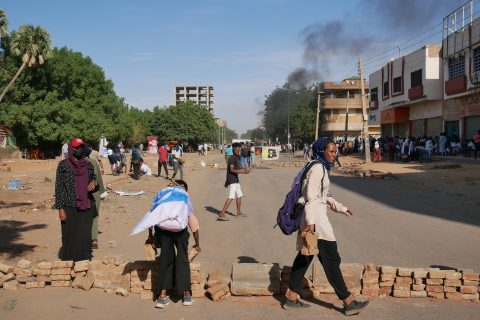By: Yasir Zaidan
Disinformation refers to intentionally false information spread to mislead or manipulate public opinion. It’s a calculated strategy used for military, commercial, or strategic objectives, often through channels like social media. The Merriam-Webster dictionary defines disinformation as “false information deliberately and often covertly spread to influence public opinion or obscure the truth.” It’s crucial to distinguish disinformation from misinformation, which is false information spread without necessarily intending to deceive.
Misinformation has a long history but has become a more significant issue in our globally interconnected society. Analyzing disinformation involves understanding power dynamics, historical contexts, and societal impacts. During the Cold War, disinformation gained prominence, particularly concerning Soviet propaganda. Today, disinformation, especially via social media, poses serious real-world consequences.
The conflict in Sudan is heavily influenced by disinformation, particularly through social media channels. Foreign entities aiming to destabilize the nation disseminate false and misleading content. This not only hinders access to reliable information but also exacerbates the media and narrative warfare, worsening the situation. The paramilitary Rapid Support Forces militia (RSF) is identified as spreading false information to manipulate the conflict, endangering vulnerable populations and complicating truth discernment.
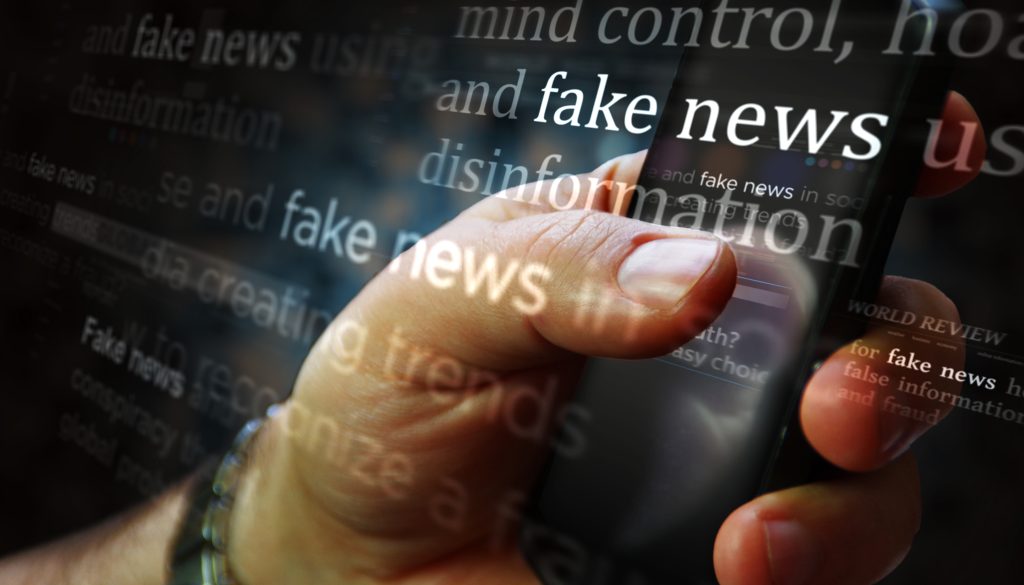
For example, Sudan Tribune, a reputable English-language outlet, reported false information regarding the death of Dr. Abdel Moneim, falsely attributing it to the Sudanese Armed Forces (SAF). Despite this misinformation, the outlet has not corrected or retracted its report. Since the war’s onset, Sudan has been targeted by a significant disinformation campaign. Social media activists spread the “No to War” narrative while covertly supporting the RSF.
The Forces for Freedom and Change (FFC) is implicated in supporting the RSF’s disinformation efforts, evident in their endorsement of the militia’s conduct and denial of its war crimes. Their collaboration is highlighted by a recent political declaration signed in Addis Ababa. The FFC and RSF actively disseminate disinformation to delegitimize the SAF, legitimize the RSF/Janjaweed militia, downplay the militia’s crimes, and manipulate international perceptions of the conflict. For instance, Rasha Awad, a well-known activist and an FFC leader, hailed the RSF’s war conduct and denied the militia’s war crimes.
This disinformation campaign involves activists, journalists, and reporters without on-the-ground presence, often using unreliable sources. Fabricated reports are magnified as genuine information through FFC and RSF social media accounts. During wartime, disinformation severely impacts people, disrupting humanitarian efforts and endangering vulnerable communities.


